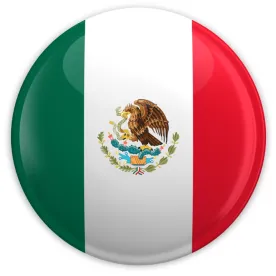President Trump issued an official statement on May 30 announcing the Administration’s intention to impose an additional 5% tariff on all imports from Mexico, effective on June 10, unless the Mexican government takes more immigration enforcement measures to address the issue of undocumented aliens crossing Mexican territory into the U.S.
According to the statement, if the Mexican government’s immigration enforcement measures are determined to be effective, in the Administration’s discretion, the tariffs will be removed. However, if the issue persists, the additional tariffs are proposed to increase monthly, moving to 10% on July 1, 15% on August 1, 20% on September 1, and 25% on October 1 and thereafter. The Administration has not yet announced any exclusion or exemption process from the proposed tariffs, nor are the tariffs targeted against specific products.
The statement imposing increased tariffs on Mexican products was released on the same day that both the United States and Mexico made progress on ratifying the U.S.-Mexico-Canada Agreement (“USMCA”). Earlier on May 30, the U.S. Administration gave notice to Congress that the USMCA would be submitted soon to Congress for a vote, and Mexican President Obrador submitted the trade agreement to the Mexican Senate and asked for a special session to vote on it before September. It is unclear what impact the new tariffs will have on the USMCA progress.
In the statement, President Trump invoked the International Emergency Economic Powers Act (“IEEPA”) as authority to impose trade measures against Mexico. IEEPA authorizes the President to deal with any “unusual and extraordinary threat, which has its source in whole or in substantial part outside the United States, to the national security, foreign policy, or economy of the United States.” The President will have the authority to “regulate … any acquisition … importation of … any property of any foreign country or national” to mitigate the threat. IEEPA was used to justify a prohibition of Nicaraguan goods and services in the 1980s and is the basis to block imports from Iran and North Korea. However, no President has used IEEPA to place specific tariffs on imported products from a country.



 />i
/>i
